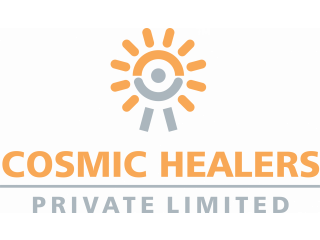Your Heart, Our Priority: Partnering for Stronger, Healthier Hearts Professional
3 weeks ago Services Hyderabad 21 viewsLocation: Hyderabad
Price: Free
Interventional cardiology involves treating heart disease without using open surgery (large cuts or incisions to the body). The procedures are called minimally invasive, because they involve small cuts to gain access to the inside of the body.
Like other tissues in the body, the heart needs oxygen-rich blood to function. Also, oxygen-depleted blood must be carried away. The coronary arteries serve both functions as they run along the outside of the heart and branch into the heart to bringing blood in and taking blood out. Since the coronary arteries deliver blood to the heart, any coronary artery disorder or disease can have a serious impact, possibly creating a blockage which may reduce the flow of oxygen and nutrients to the heart. The result may lead to a heart attack and possibly death. Atherosclerosis (a buildup of plaque in the inner lining of an artery causing it to narrow or become blocked) is the most common cause of heart disease.
Diagnosis
Cardiologists use advanced imaging equipment to look for possible blockages in coronary arteries (the arteries that supply blood to the heart) through the use of cardiac catheterization. Physicians also use catheterization techniques to examine other arteries in the body, such as in the arms, legs and neck. These procedures require small, thin, flexible plastic tubes (catheters) to be inserted into the blood vessels which are carefully threaded through arteries to determine if there are any blockages. By assessing coronary (heart) or peripheral arteries (in the neck, arms or legs), doctors can develop a treatment plan for the blocked blood vessels.









![Fitspresso Reviews-[IMPORTANT ALERT] Worth Buying or Fake Claims?](https://www.adsthumb.com/storage/files/in/627778/thumb-320x240-a8f6a782c7730e767a8dc3f8bfc0af18.jpg)


